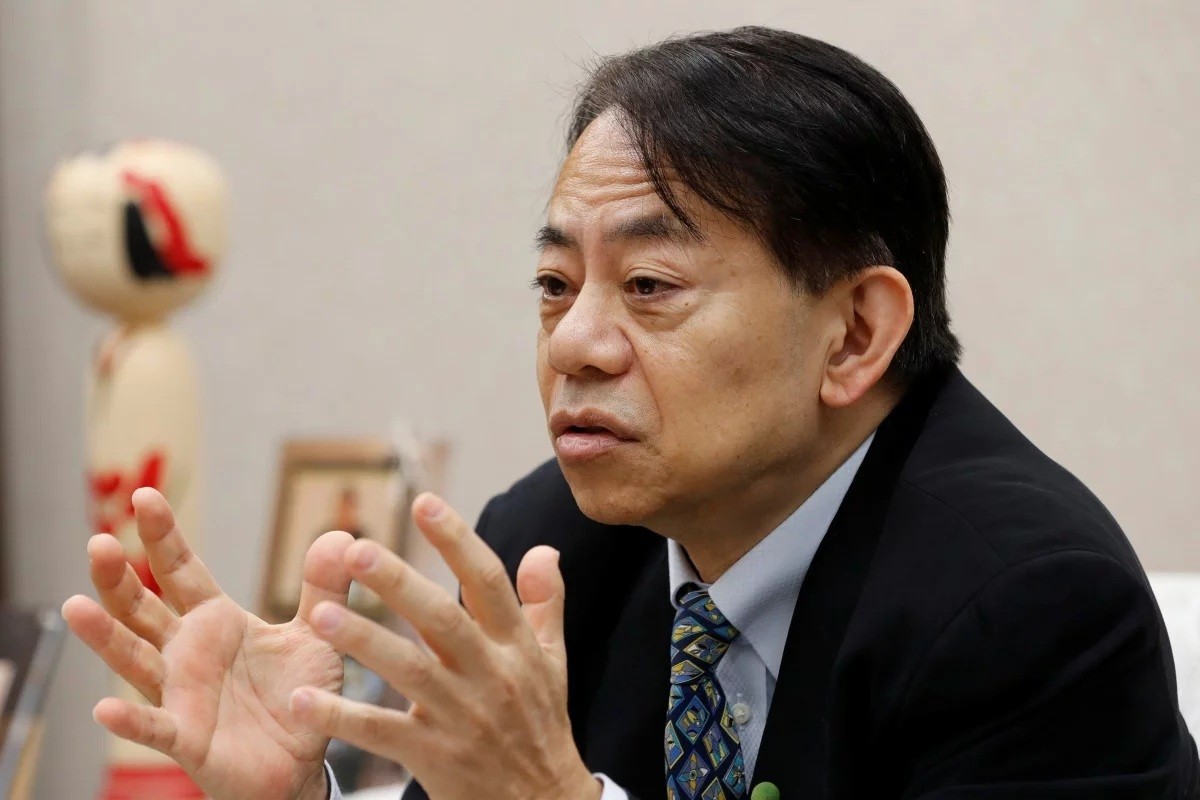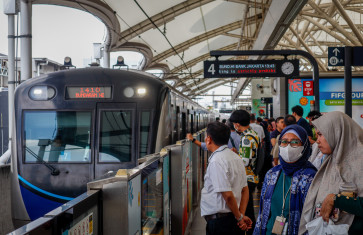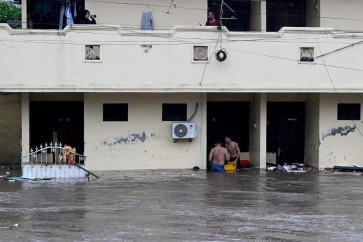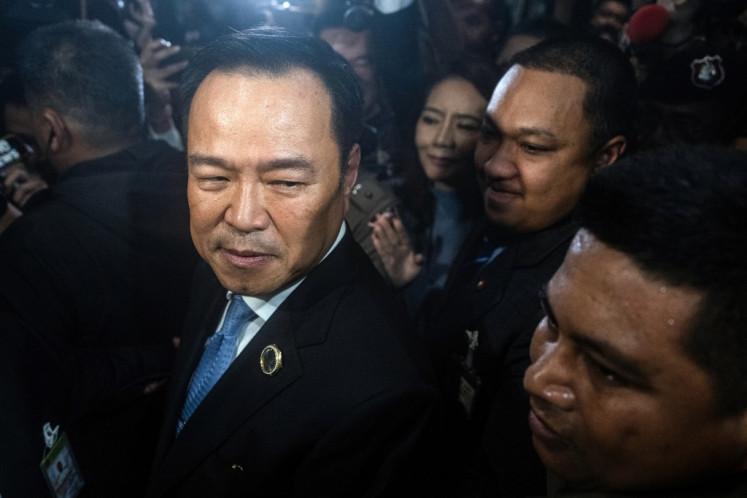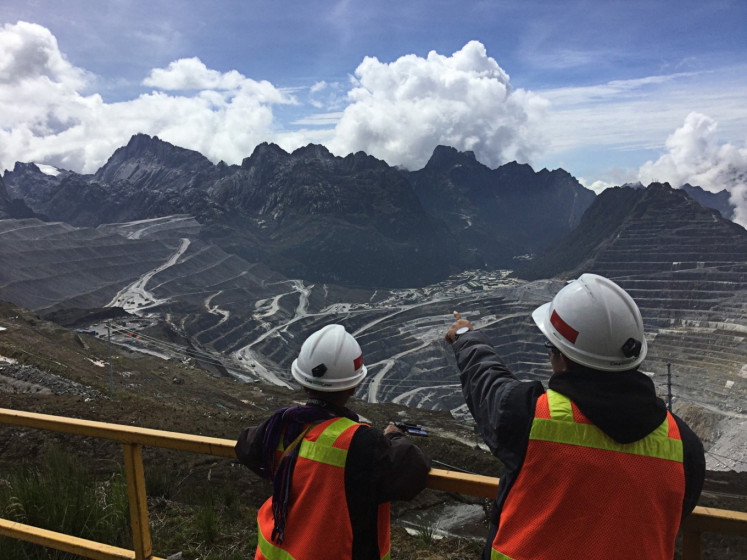Popular Reads
Top Results
Can't find what you're looking for?
View all search resultsPopular Reads
Top Results
Can't find what you're looking for?
View all search resultsADB to provide Indonesia with $2.7b in loans to support human capital, infrastructure development
Change text size
Gift Premium Articles
to Anyone
T
he Asian Development Bank (ADB) will provide around US$2.7 billion in loans this year to support Indonesia’s human capital, infrastructure and green energy development.
ADB president Masatsugu Asakawa said the bank planned to provide Indonesia with more loans this year than the $1.7 billion it provided in 2019. The bank plans to provide Indonesia with $500 million for a competitiveness enhancement program and another $500 million for a financial inclusion program this year.
“This is an increase of $1 billion but it is still a forecast amount,” Asakawa said during a news conference in Jakarta on Tuesday after a meeting with President Joko “Jokowi” Widodo. “We want to expand ADB’s support for human capital development and infrastructure connectivity.”
In his inaugural speech at the beginning of his second term, Jokowi announced that his administration would prioritize human capital and infrastructure development. The administration’s goal is to set Indonesia on the path to becoming one of the world’s five largest economies by 2045, with a near zero percent poverty rate and an average per person monthly income of Rp 27 million.
Read also: Jokowi lays out vision for human capital development in state of nation address
After meeting with Jokowi, Asakawa said the bank would focus on providing support in a range of areas including clean energy, higher education and skills development as well as innovative green and blue financing.
The ADB has also committed to funding several projects in South Sulawesi including the Mamminasata toll-road project, low-cost apartment developments and a clean water program. The bank plans to finance priority projects of the Indonesian government and the private sector, Asakawa said.
“We advise [Indonesia] to create a business and investment environment through pro-growth economic and fiscal policy,” said Asakawa. “It is important to combat [the negative effects] of the trade war between the US and China as well as the coronavirus.”
Two Indonesians have tested positive for COVID-19, while the government has launched a Rp 10 trillion fiscal stimulus package to support the tourism industry and boost consumer spending to counter the impacts of the coronavirus outbreak. Worldwide, more than 90,000 people have been infected with the virus and more than 3,000 have died.
Read also: Indonesia announces $742m stimulus to shield economy from virus
Asakawa added that the bank’s proposed Country Partnership Strategy for Indonesia for 2020-2024 would support the government’s development priorities and seek to catalyze private sector financing, promote innovation and new technologies.
Between 1966 and 2018, the ADB committed $36.68 billion in sovereign and nonsovereign loans, equity investments and guarantees. Furthermore, the ADB provided $460.5 million in technical assistance and $449.98 million in grants to Indonesia.
Separately, Coordinating Economic Minister Airlangga Hartarto said the bank had conveyed its commitment to supporting Indonesia in several sectors including in education and investment acceleration.
“The ADB will provide policy support for several public policies as well as boost activities related to education and infrastructure,” Airlangga said at the State Palace.
Airlangga said the government had earned the ADB’s support by working to transform its economy through the omnibus bills on job creation and taxation. “The ADB will provide some sort of training program and financing during the [bills’] implementation.”
The government submitted the controversial omnibus bill on job creation to the House of Representatives on Feb. 12 and aims for deliberations to be concluded within 100 days. The bill is expected to improve ease of doing business in Indonesia and attract investment, thereby increasing job opportunities and boosting economic growth in Southeast Asia’s largest economy, which cooled to its lowest level in four years at 5.02 percent in 2019.
Airlangga told The Jakarta Post in a recent interview that the omnibus bill on job creation could help the government inch closer to its 6 percent economic growth target by attracting Rp 1,200 trillion (US$87 billion) in projected investment within a year, creating 3 million new jobs.

